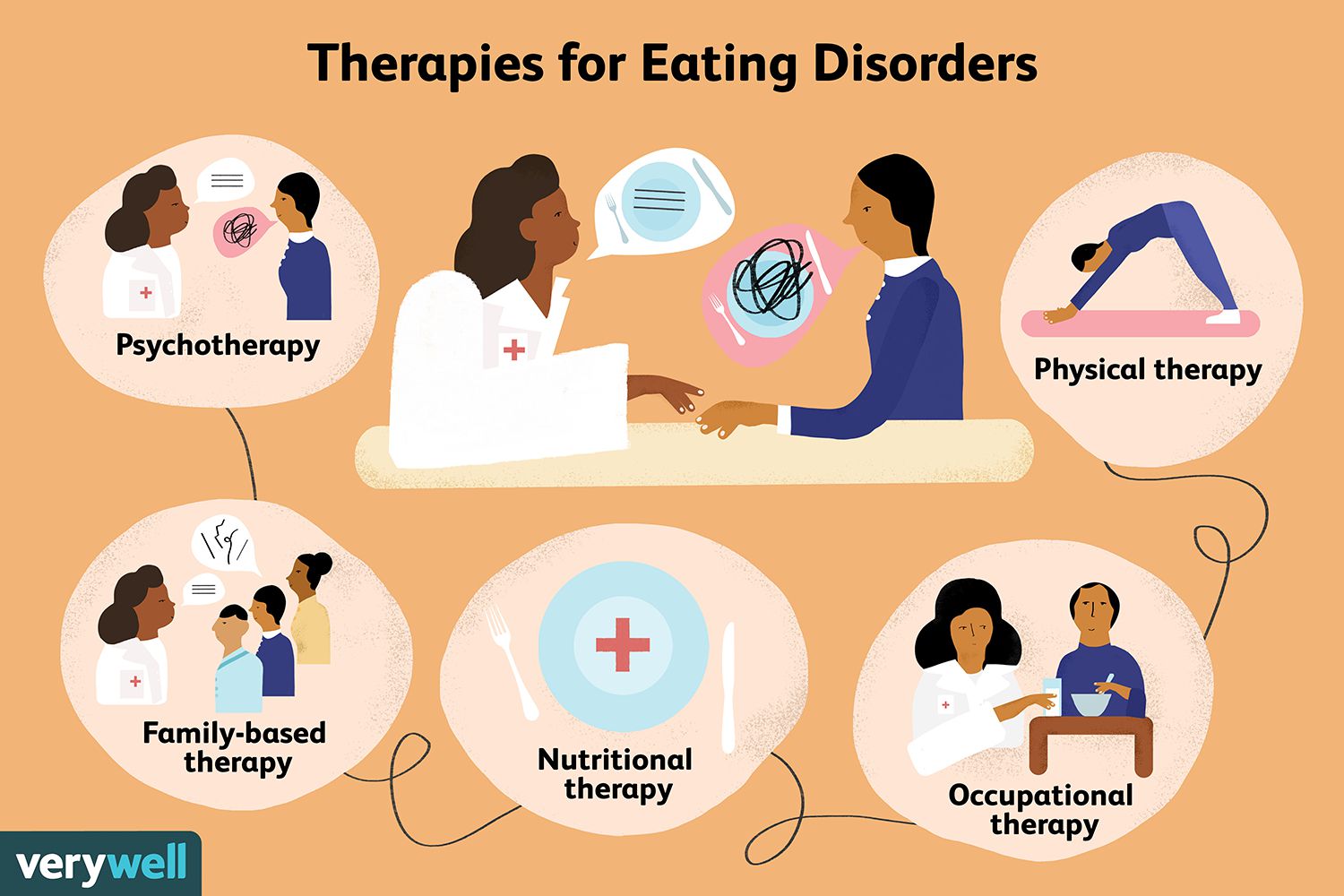Dependent personality disorder is a mental health condition characterized by an excessive need to be taken care of, leading to submissive and clinging1 behavior. Individuals with this disorder often have difficulty making decisions, fear abandonment, and have a strong need for approval and reassurance.
Symptoms of Dependent Personality Disorder
Individuals with dependent personality disorder may exhibit the following symptoms:
- Difficulty Making Everyday Decisions: They may rely on others to make even minor decisions.
- Need for Excessive Reassurance: They may constantly seek advice and reassurance from others.
- Fear of Abandonment: Intense fear of being alone or abandoned.
- Submissive Behavior: A tendency to submit to the wishes of others to avoid disapproval.
- Difficulty Expressing Disagreement: They may avoid expressing disagreement or opinions that could upset others.
- Need to Be Taken Care Of: A strong desire for others to take responsibility for their lives.
- Undertaking Unpleasant Tasks to Please Others: They may do things they don’t enjoy to avoid upsetting others.
- Feelings of Helplessness or Incompetence: A belief that they cannot care for themselves.
- Urgent Need for a New Relationship When One Ends: Quickly seeking a new relationship to avoid loneliness.
Causes of Dependent Personality Disorder
The exact causes of dependent personality disorder are not fully understood. However, a combination of genetic and environmental factors may contribute to its development. Some potential factors include:
- Genetic Predisposition: A family history of anxiety or mood disorders may increase the risk.
- Childhood Experiences: Adverse childhood experiences, such as neglect or abuse, may contribute to the development of dependent personality traits.
- Learned Behaviors: Individuals may learn to rely on others as a coping mechanism.
Treatment of Dependent Personality Disorder
Treatment for dependent personality disorder typically involves psychotherapy, particularly cognitive-behavioral therapy2 (CBT). CBT can help individuals challenge negative thoughts, develop assertiveness skills, and build self-confidence. Medication, such as antidepressants, may be used to address specific symptoms like anxiety or depression.
It’s important to remember that recovery from dependent personality disorder takes time and effort. With consistent therapy and support, individuals can learn to develop healthier relationships and increase their sense of independence.



